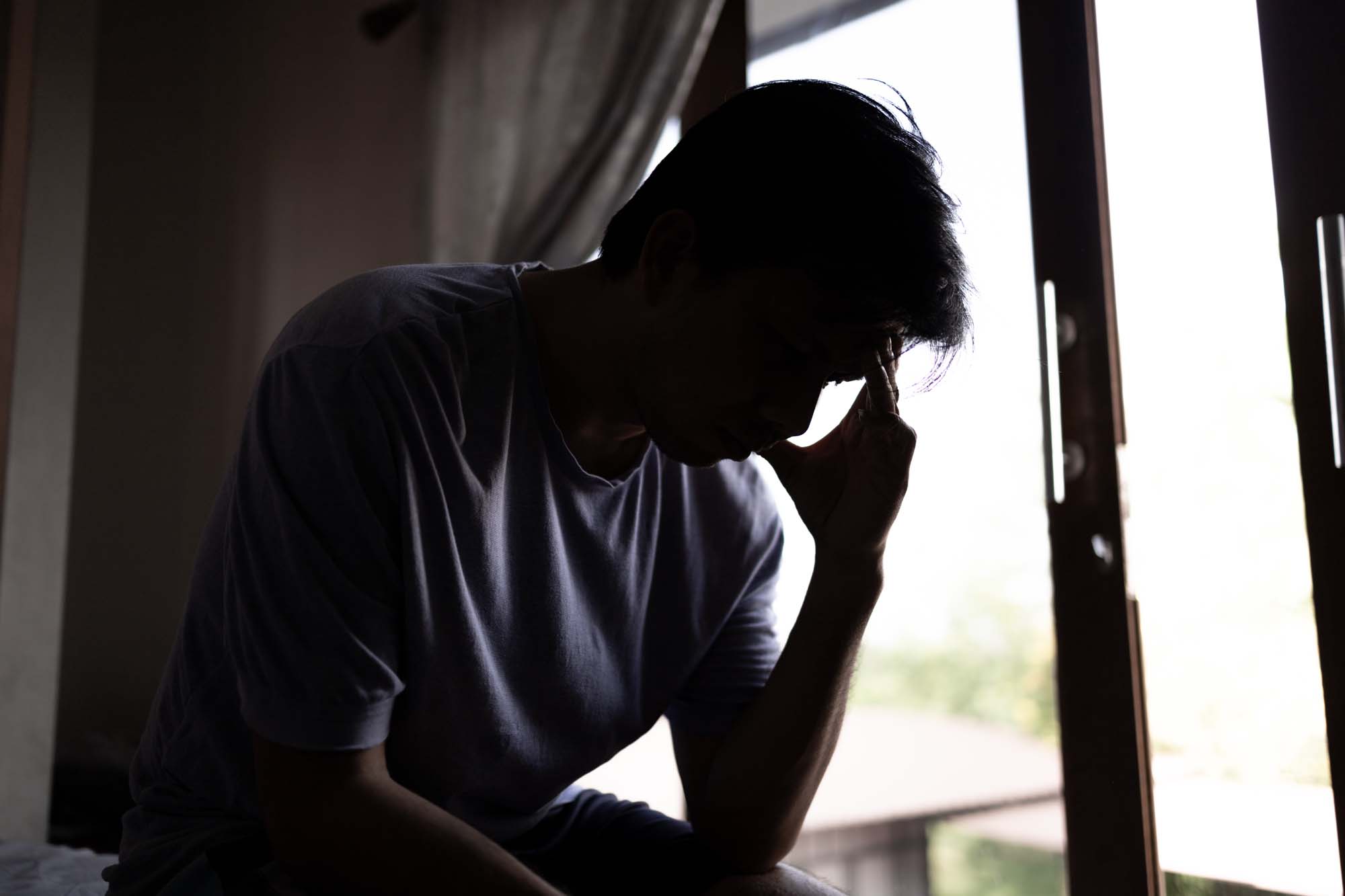Grief & Loss
Navigating Healing and Finding Hope
Grief does not define you—it transforms you. Let us help you move through the pain toward a brighter tomorrow.
Find out if your insurance will cover the cost of treatment.
"*" indicates required fields
Understanding Grief
Grief is a natural response to loss, but its impact is deeply personal and varied. It may arise from the death of a loved one, the end of a significant relationship, job loss, or even the loss of a way of life due to illness or trauma.
Common Types of Grief
- Acute Grief: Immediate and intense feelings following a loss.
- Chronic Grief: Prolonged grief that interferes with daily life.
- Anticipatory Grief: Mourning a loss before it happens, such as during a terminal illness.
- Disenfranchised Grief: Grief that is not openly acknowledged or socially supported, like the loss of a pet or a miscarriage.
- Complicated Grief: When the grieving process is prolonged or interferes with the ability to function normally.
How Grief Affects Your Life
Grief manifests differently in everyone, but it often affects your mind, body, and spirit:
Emotional Effects
- Overwhelming sadness or feelings of emptiness.
- Guilt, regret, or anger.
- Anxiety about the future.
Physical Symptoms
- Fatigue or low energy.
- Difficulty sleeping or changes in appetite.
- Weakened immune system.
Behavioral and Social Manifestations
- Withdrawing from friends or loved ones.
- Difficulty focusing or maintaining responsibilities.
- Avoiding reminders of the loss or becoming preoccupied with it.
Fact: According to the Massachusetts Department of Mental Health, grief-related depression impacts up to 10% of those who experience a loss and often goes untreated.
Symptoms of Complicated Grief
While grief is a natural process, some individuals experience prolonged and severe symptoms that require support:
- Persistent longing for the person or thing lost.
- Intense loneliness or isolation.
- Difficulty accepting the reality of the loss.
- Avoidance of reminders or overwhelming preoccupation with the loss.
Insight: The National Institute of Mental Health (NIMH) reports that unresolved grief can lead to conditions like depression, anxiety, or even physical illnesses if left untreated.
Our Approach to Grief & Loss Recovery
Compassionate and Personalized Care
At Balance Mental Health Group, we believe that healing from grief is a deeply personal process. Our specialized programs offer:
Therapeutic Support:
- Individual Counseling: One-on-one sessions tailored to your unique experience.
- Group Therapy: A safe space to share and connect with others navigating similar journeys.
Evidence-Based Treatments
- Cognitive Behavioral Therapy (CBT): Helps challenge unhelpful thoughts and foster healing.
- Acceptance and Commitment Therapy (ACT): Encourages accepting emotions while focusing on meaningful actions.
Mind-Body Integration
- Mindfulness practices to manage emotional overwhelm.
- Gentle movement therapies, such as yoga or guided relaxation, to ease physical tension.
Grief Education and Resources
- Providing tools to understand the grief process and set realistic expectations for healing.
- External support options, including community and online resources.
The Science of Healing from Grief
Research shows that active engagement in therapy can significantly reduce the intensity and duration of grief-related symptoms:
- Therapy Impact: Studies by Harvard Medical School indicate that grief counseling reduces symptoms of complicated grief by up to 70%.
- Support Systems: Regular group therapy sessions improve emotional resilience and foster a sense of belonging.
Fact: Many people hesitate to seek help, believing grief should resolve naturally. However, therapy often provides the tools necessary to cope effectively.
We See You: The Hidden Faces of Grief
Grief often carries misconceptions, such as:
- “Time heals all wounds.”
- “You should be over it by now.”
- “It’s better to just move on.”
At Balance Mental Health Group, we understand that these beliefs can invalidate your pain and delay healing. You are not alone, and your grief deserves attention, understanding, and care.
Why Grief Recovery Matters
Take the First Step
Healing starts with connection. Contact us today to learn more about our grief and loss recovery programs and how we can support your journey toward balance and renewal.
